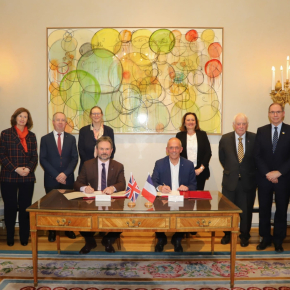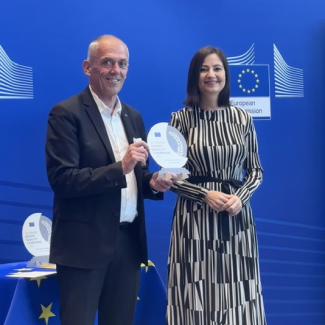
A new Foundation set up at the Maison Française d'Oxford under the auspices of the CNRS Foundation
The Maison Française d'Oxford (MFO) has set up a new foundation under the auspices of the CNRS Foundation. A launch ceremony was organised in Oxford on February 20th and attended by Antoine Petit, the CNRS Chairman and CEO and also the president of the CNRS Foundation.
A new Franco-British collaboration initiative has been launched in the prestigious academic landscape of Oxford with the inauguration of the Foundation for the Maison Française d'Oxford1 (MFO) under the auspices of the CNRS Foundation. The launch involved a signing ceremony attended by Antoine Petit, Pascal Marty, the director of the Maison Française d'Oxford, and Frédéric Thibault-Starzyk, the president of the new Foundation along with 70 other guests including the French Ambassador to the United Kingdom and the Chancellor of Oxford University, Lord Patten of Barnes. Michel Mortier, the general director of the CNRS Foundation, explains that "this new foundation is the 12th foundation under the auspices2 of the CNRS Foundation. It will enable the Maison Française d'Oxford to develop its funding through patronage and drive new funding for dedicated projects". Donors benefit from French and UK tax reductions through the Transnational Giving Europe scheme and the UK's Charities Aid Foundation (CAF) which the CNRS Foundation is a member of.
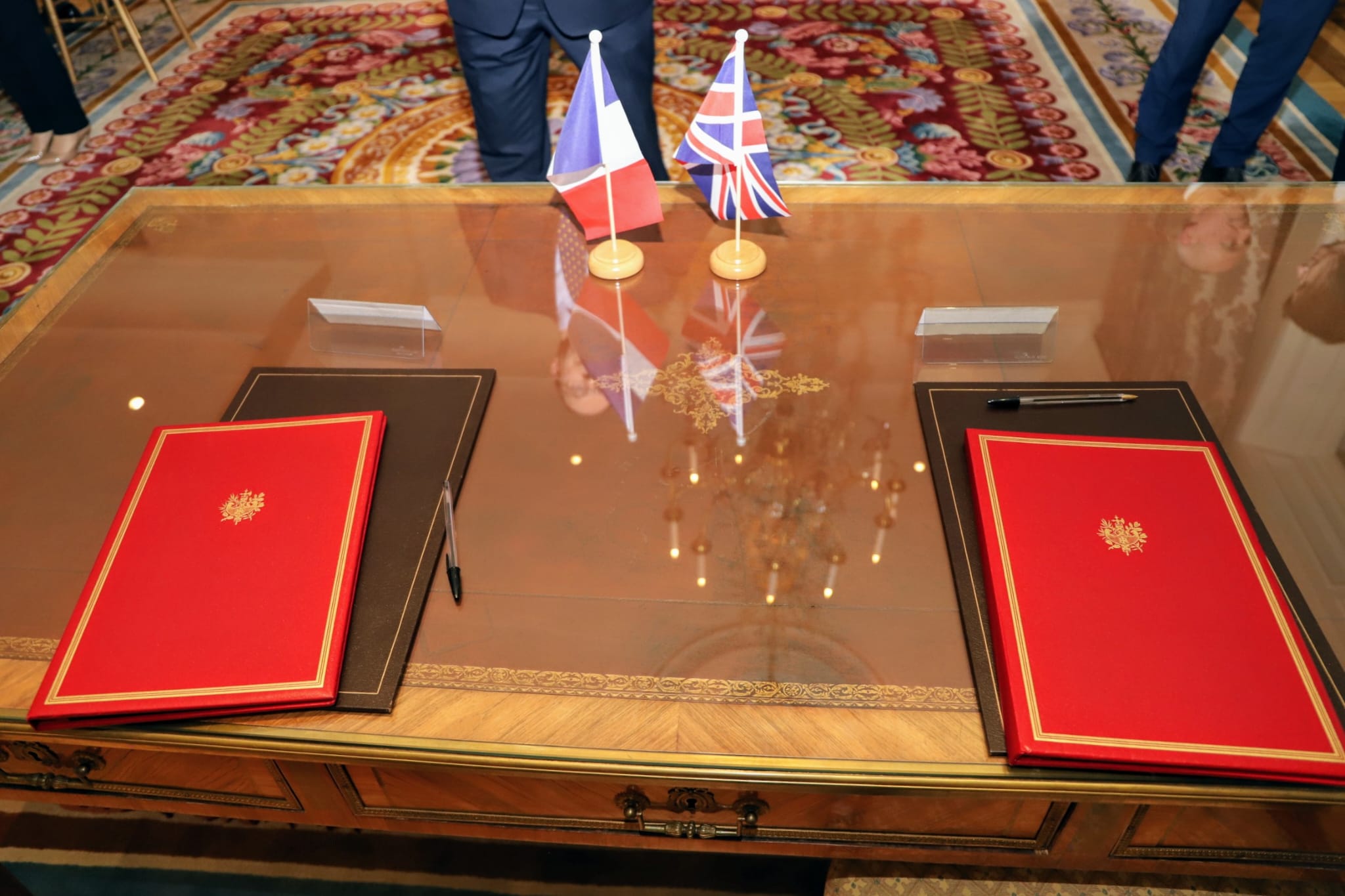
Frédéric Thibault-Starzyk, the MFO's former director, has been named as the President of this Foundation working alongside figures such as Oxford University's Vice-Chancellor. He explains that "the Maison Française d'Oxford is recognised as having a close partnership with Oxford University. Now the MFO has its own Foundation this means it will be able to benefit from the support of patrons like the highly developed British 'charity' sector". He adds that "the MFO suffers from a lack of funding which limits its ambitions. The Foundation means major projects can now be envisaged."
- 1The Maison Française d'Oxford is part of the CNRS's UMIFRE network. This network of 'joint units with French research institutes abroad' (UMIFRE) is made up of 27 research centres and their branches located in nearly 40 countries on all the world's continents. These research institutes are under the joint supervisory authority of the French Ministry of Foreign Affairs and the CNRS.
- 2The status of being 'under the auspices of the CNRS Foundation' means the leaders of projects do not have to create up their own foundations as these can be hosted within the CNRS Foundation. They thus benefit from its legal and financial support and can focus on finding patrons.
The Maison Française d'Oxford
The Maison Française d'Oxford was founded in 1946 and, as a joint unit with a French research institute abroad (UMIFRE), has a unique place in the British academic landscape. Over the years, the MFO has created close links with the University of Oxford with an agreement signed in 2019 to reinforce their collaboration in terms of technical integration. This covered access to the library, technical services and IT network and also offered certain students the possibility of joining the university as 'recognised students'. The MFO is "a major Franco-British research cooperation tool in terms of both mobility and research projects run in synergy with our colleagues at Oxford University".
The MFO is made up of around ten researchers and research support staff members working alongside around fifty students a year. It provides a special place for humanities and social sciences research and also for interdisciplinary work with the medical, digital and environmental sciences. These "areas have been expanded to extend our collaboration with the University of Oxford", says Pascal Marty. Researchers assigned to the MFO can benefit from intellectual resources from within Oxford University itself, via sources like rare manuscripts and works or through collaboration initiatives with research groups at the University. "What makes the MFO so special as an UMIFRE is that it focuses on interactions with Oxford University rather than study of the British Isles," explains its director.
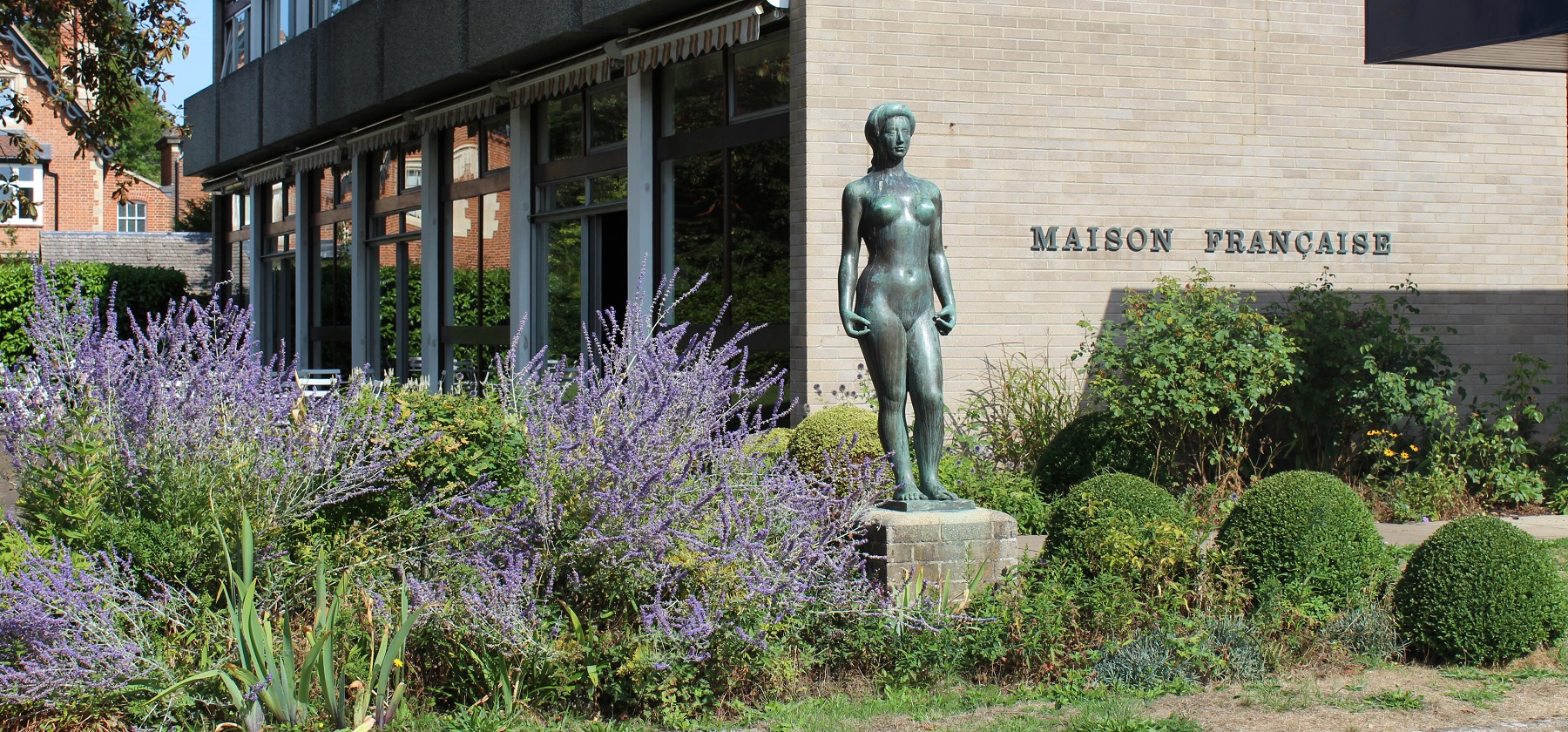
Improving the reception of students
The new Foundation has multiple objectives. The first is to respond to requirements in terms of maintenance of the building and improving the infrastructure. The latter is a crucial factor in the post-Brexit context that has made access for international students to Oxford more complex. "Our establishment is highly attractive in terms of hosting students and researchers. It would be useful for the infrastructure to be developed to increase capacity which is already 100% occupied," says Pascal Marty.
The Foundation also paves the way for a series of projects that aim to promote the reception of French and French-speaking students in Oxford and thus enhance their social and academic inclusion. French students and French-speaking students from southern countries will be eligible for targeted scholarships and collaborative programmes with French institutions will facilitate mobility between France and the UK for students and researchers.
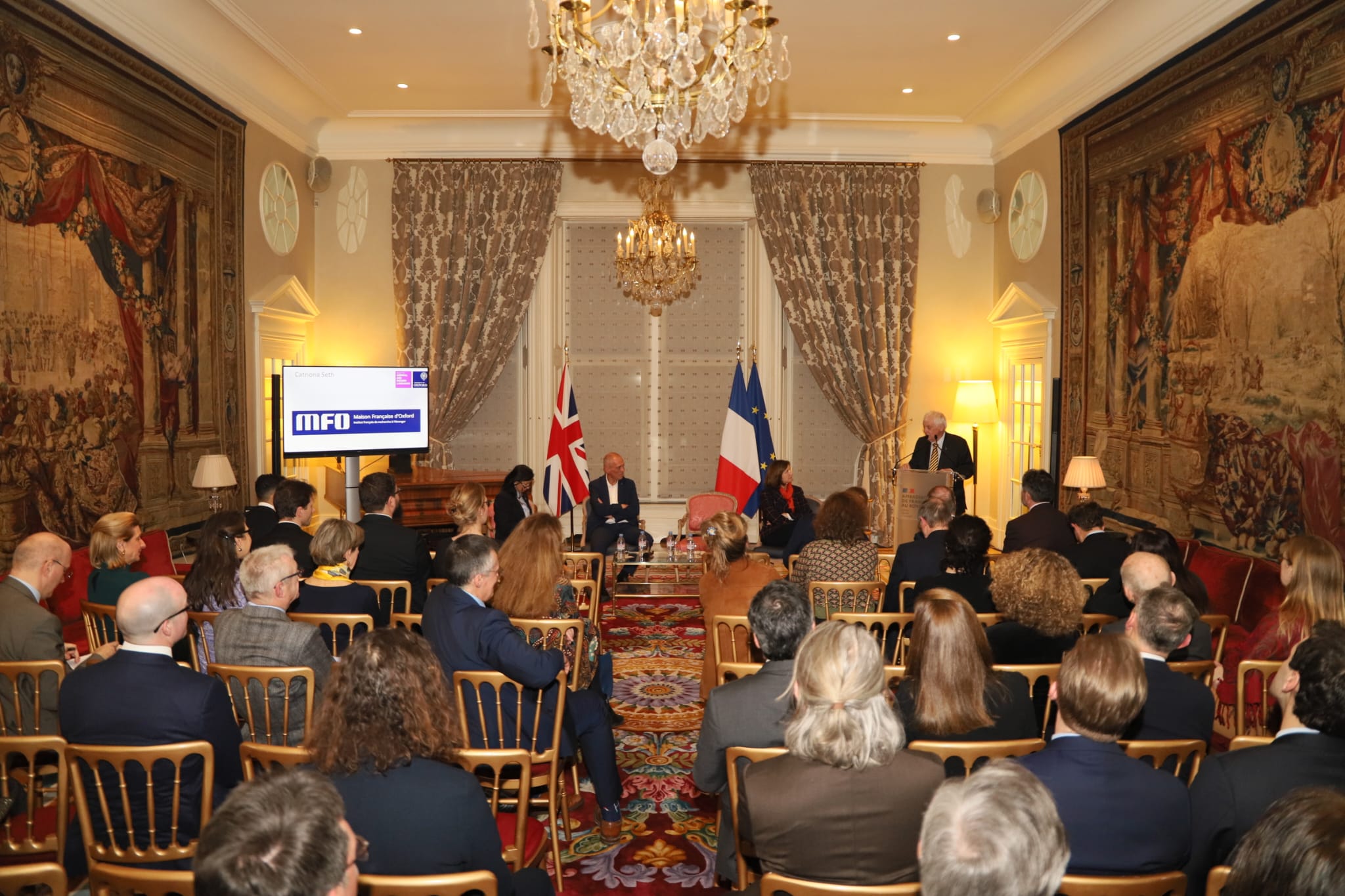
The Foundation will also benefit from the support of the Association of the Maison Française d'Oxford which aims to develop the Franco-British network and cooperation arrangements with Oxford University. "This network could be one of the prime levers to raise funds for investment in the MFO and enhance our potential," explains Pascal Marty.
With its new Foundation the MFO is both at the heart of this Franco-British collaboration and positioning itself as a major international research stakeholder by working in synergy with its counterparts at Oxford University to promote student mobility and research projects. The creation of this new Foundation thus opens up new horizons in terms of reinforcing academic and cultural exchanges between France and the UK in a context increasingly marked by the need for closer cross-border cooperation.
